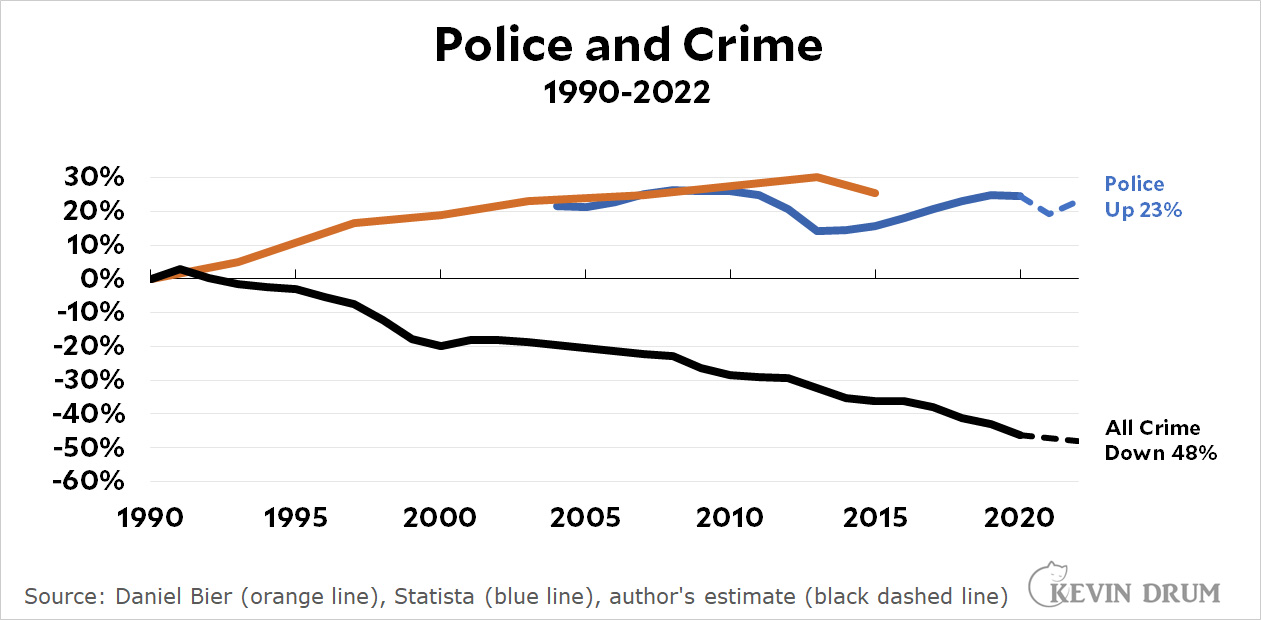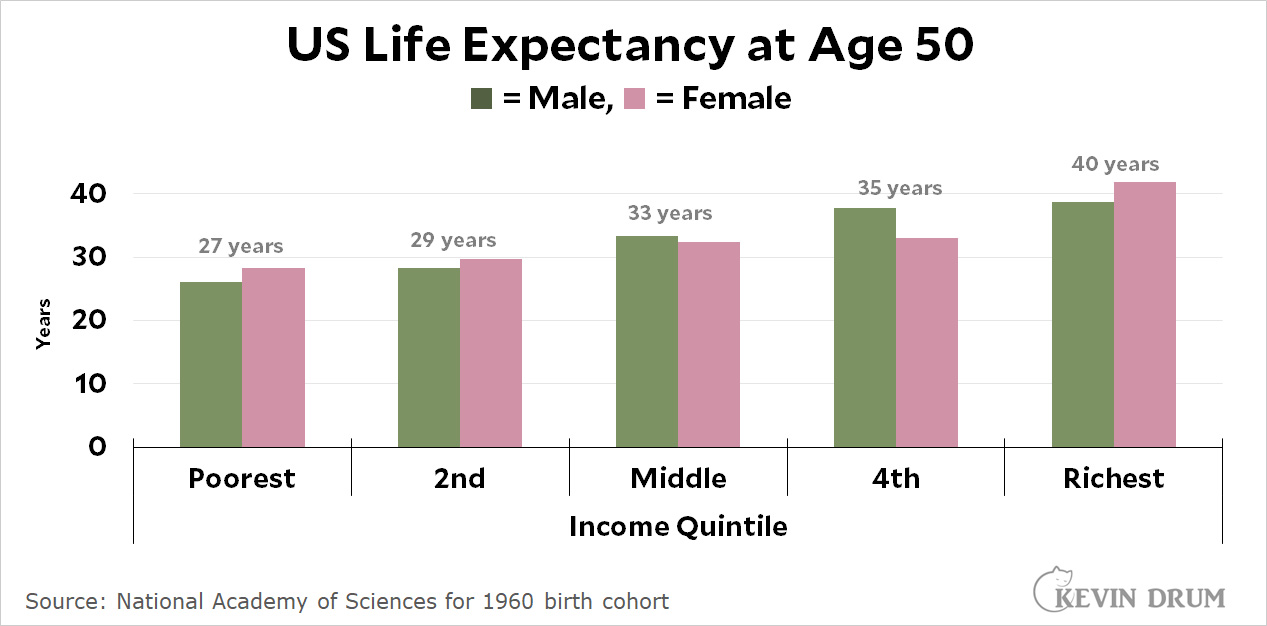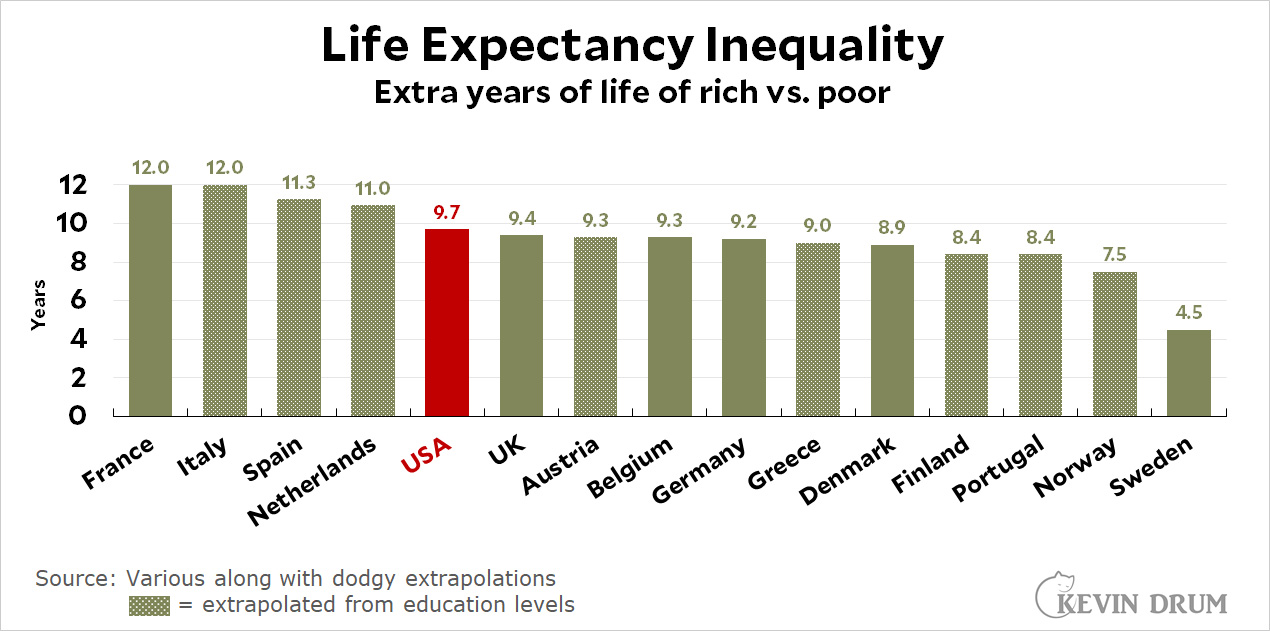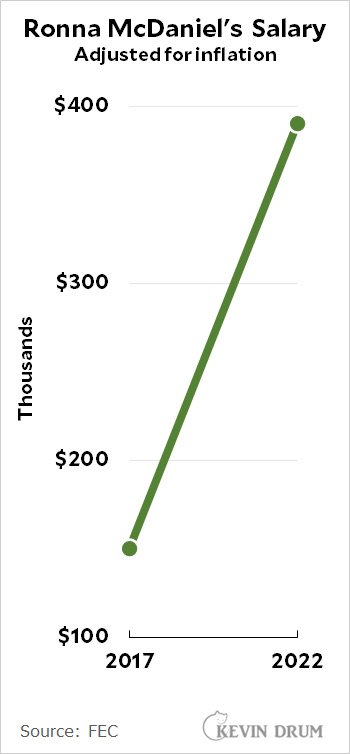Today's big New York Times piece about the Durham investigation is chock full of goodies about how Donald Trump and his lackeys desperately tried to prove that the FBI had illegally opened an investigation of Trump for no good reason. Attorney General Bill Barr and his special counsel, John Durham, were obsessed about this and became increasingly agitated as their investigation continued and they were unable to find anything that backed up their suspicions. They never did. We know now that, in fact, Trump's presidential campaign did have links to the Russian government. The FBI did have a perfectly sensible reason to open an investigation into this. Vladimir Putin did try to interfere with the election in Trump's favor. And several members of Durham's team did quit because of disagreements with him over prosecutorial ethics.
There's no single smoking gun in the story, just a long series of incidents that paint a damning picture of Barr's Justice Department. In one of them, Barr received a tip from Italian intelligence:
[In 2019] the Times reported that Mr. Durham’s administrative review of the Russia inquiry had evolved to include a criminal investigation, while saying it was not clear what the suspected crime was. Citing their own sources, many other news outlets confirmed the development.
The news reports, however, were all framed around the erroneous assumption that the criminal investigation must mean Mr. Durham had found evidence of potential crimes by officials involved in the Russia inquiry. Mr. Barr, who weighed in publicly about the Durham inquiry at regular intervals in ways that advanced a pro-Trump narrative, chose in this instance not to clarify what was really happening.
Barr was normally a chatterbox, constantly tossing out tidbits about the investigation that made it seem as if they had the goods on the FBI. This time, however, he kept his mouth shut.
Why? Because the tip from the Italians linked Trump to financial crimes. That was the criminal investigation, but Barr saw no need to correct reporters who thought he was looking into criminal conduct by the FBI.
Nothing came of this investigation, but it's telling nevertheless. And it's a warning to everyone to take Durham's final report with a salt mine's worth of skepticism when it comes out. Past experience tells us that Durham will do his best to make it look like the FBI was guilty of massive crimes even though he was unable to prove any of them and unable to successfully prosecute even the minor charges he took to court.
Poor John Durham. He made his own bed, but this was partly because he got sucked into the black hole that is Donald Trump. Everyone who associates with Trump comes out of it looking worse than when they went in, and that's what happened to Durham. In 2019 he was a respected veteran prosecutor. Four years later that reputation is in tatters. Nomen amicitiae sic, quatenus expedit, haeret.
 The data for 2021-22 represents my best estimate put together from a variety of sources. The number of police officers does seem to have been cut back in 2021, but not because of George Floyd. It was due instead to budget tightening as a response to the fiscal squeeze of the pandemic. The feds stepped in shortly after that with assistance to local governments, and police department staffing rebounded in 2022.
The data for 2021-22 represents my best estimate put together from a variety of sources. The number of police officers does seem to have been cut back in 2021, but not because of George Floyd. It was due instead to budget tightening as a response to the fiscal squeeze of the pandemic. The feds stepped in shortly after that with assistance to local governments, and police department staffing rebounded in 2022.








